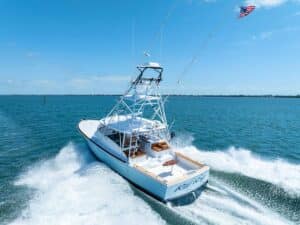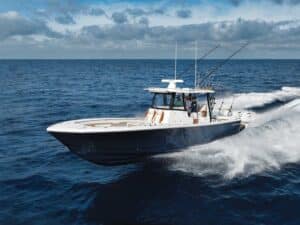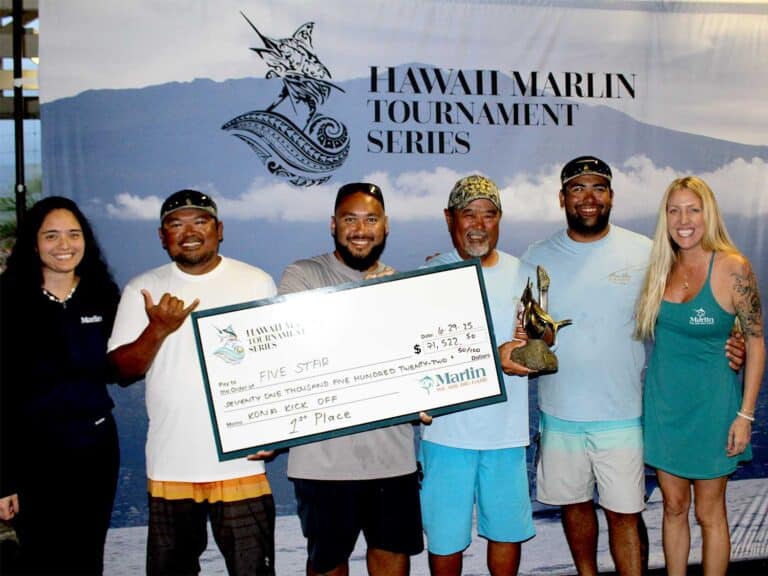
Boats are oftentimes owned in various types of entities for purposes of liability protection. Whether the protection is actually provided has been discussed in previous columns. Regardless of the protections afforded, buyers sometimes purchase an entity itself rather than the assets within it for purposes of tax avoidance. As with anything else, this option is not applicable in every situation, but it can be beneficial in certain scenarios.
What is the Incentive?
The purchase of a vessel is normally subject to sales or use tax, with rates dependent on the laws of the relevant jurisdiction. However, the purchase of an entity, such as a limited liability company or a corporation, is typically not subject to sales or use tax. Such taxes are not assessed on the purchase and sale of corporate securities or interest in a company. For this reason, the purchase and sale of an entity is relatively common in our industry, especially in states with higher taxes or those lacking sales-tax caps.
How is a Company Sale Performed?
To begin with, a seller must be willing to part with a company, which is less likely to be an option if the entity is a legitimate business, if it owns multiple assets, or if it has sentimental value to the owner.
As such, you normally see a company sale when the owning entity was created specifically to own a particular boat.
In recent years, the most commonly used entity for vessel ownership is an LLC. Owners of an LLC are known as members, and ownership in the entity is expressed as membership interest, so rather than a Vessel Purchase and Sale Agreement, the purchase of interest in an LLC involves a Membership Interest Purchase Agreement. The membership interest must be transferred or sold to others under the terms and conditions governed by the entity’s Operating Agreement, which is a legal document that outlines the rights and duties of the members, and other rules, regulations and provisions to govern the internal operations of the entity, including the necessary steps to transfer all or part of its interest to another individual.
Things to Consider
Whether the buyer is purchasing the company or the vessel should be decided from the outset of negotiations before any contracts or other documents are signed. Oftentimes, the parties will enter into a vessel-purchase agreement, then subsequently ask if a company sale is still a possibility. The parties can restructure a deal if they agree on the terms, but the buyer is already obligated to purchase the vessel in accordance with the agreement he initially signed. This puts the buyer in a breach-of-contract situation if he fails to proceed under the initial agreement and the seller eventually refuses to change the structure of the deal to a company sale. Thus, it is important the parties discuss all options prior to entering into any type of agreement.
Lastly, a company sale can be a bit more complex than a typical vessel transaction and comes with additional risk. Remember, you are not only purchasing the assets owned by the entity, but you might also be inheriting the liabilities. As such, it is important for the buyer to perform a thorough inquest of the entity, including the status of any employees — for example, the captain and crew — plus tax obligations and the standing of the company itself with the relevant jurisdiction.
Read More of The Fine Print
Though not a viable option in every deal, the purchase of a portion or all of a company can be a useful tool to save on sales taxes if the stars align. However, buyers should certainly be attentive in their due diligence of the entity and always have legal representation to assist with the transaction because of the added complexity.
Raleigh P. Watson is a contributing author, and a Partner at Miller Watson Maritime Attorneys.







